Unassumingly great cop show Bosch just ended in fitting fashion (or did it?)
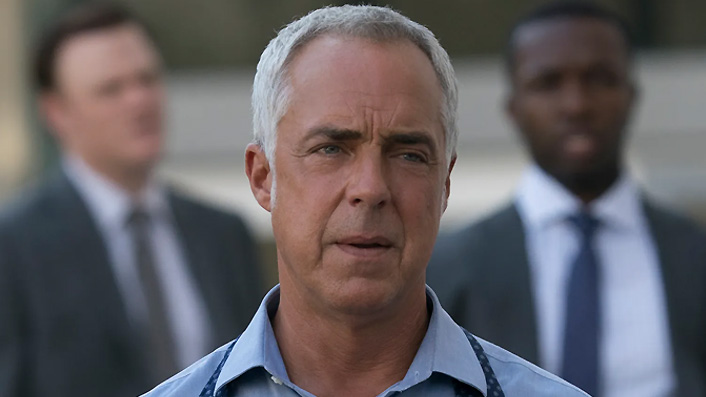
Titus Welliver concludes his run as LAPD homicide Detective Harry Bosch in this final season of Prime Video‘s longest-running show Bosch. Kind of. Steve Newall sizes up the beloved character’s send-off.
“You know on my desk at work? I have pictures of three young women. One’s Filipina, one’s Chinese, one’s Latina. Undocumented, illegal, whatever you want to call them. Immigrants. And I don’t know their real names. They’ve never been identified, their bodies have never been claimed, no-one ever reported them missing. Their murders have never been solved, and probably never will be.”
“Why do you keep them—the pictures?
‘To remind me—everybody counts, or nobody counts.”
In our ACAB era it feels a little weird to be singing the praises of a show about a white LAPD homicide detective, not to mention one as traditionalist as Bosch. “The zeitgeist-defying dad-rock of TV shows,” Aaron Yap memorably labeled it when writing about season 6.
See also:
* Movies now playing in cinemas
* All new streaming movies & series
But one of the many things that’s helped Bosch win fans since its low-key premiere in 2014 is the path its lead character follows throughout, marked by adherence to his own strict moral code and sense of justice—departmental politics or convenient compromise be damned.
Also aiding the show’s likeability is Titus Welliver, a star who feels synonymous with the character and his values. Welliver brought gravity and experience to Harry Bosch – and kinda helpfully, despite acting for decades (with memorable appearances in everything from Lost to Deadwood—and, more recently, The Mandalorian), had never really had a star turn.
Well, Bosch is it—you’re Harry for good now, Titus.
From the time of his introduction, Harry Bosch has been involved in some particularly contemporary controversies. While he’s seemingly cut from the cloth of detective heroes of bygone eras, over the course of seven seasons these plot points have lent the show a present-day relevance even as it seemed determined to be utterly unfashionable.
Right off the bat in the show’s very first episode in 2014, Bosch fatally shot a suspect in contentious circumstances, and despite being cleared by the police department (surprise!) found himself facing a wrongful death civil suit. Perhaps not surprising if this was kicking off a cynical cop show, but the world-weariness in Bosch is reserved for the system rather than its hero. Harry may know when the fix is in, but he’s always proved determined to do the right thing, a mindset that propels this seventh and final season of the show to its conclusion.
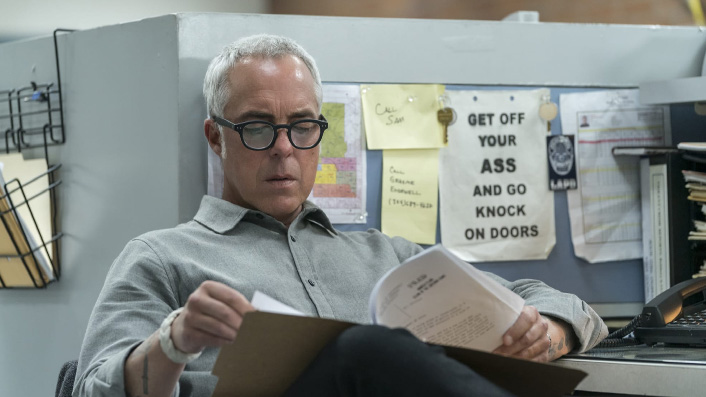
Protests against police brutality, an opiate dealing network, a separatist militia and the spectre of terrorism have all cropped up in subsequent seasons alongside a timeless mix of crooked cops, political corruption, and sleazy lawyers. Perfectly suited to the streaming medium, plotlines have come and gone at their own pace, sometimes only to surface again after some time has passed—reflecting Bosch’s origins in the 21-odd novels of Michael Connelly, who also produces and writes on the show.
Now, as this new season sees (the current incarnation of) Bosch wrap up, the show’s ongoing reflections of our present even manage to be joined by a subplot about vindictive incels within the LAPD. They go after the department’s commanding officer Grace Billets (Amy Aquino), in the latest manifestation of Bosch’s chronicling of departmental misogyny. This escalates into some underhanded machinations memorably described by the always scene-stealing Barrel (Troy Evans, one half of the show’s standout comic relief duo Crate and Barrel) as “the usual treason and fuckery”.
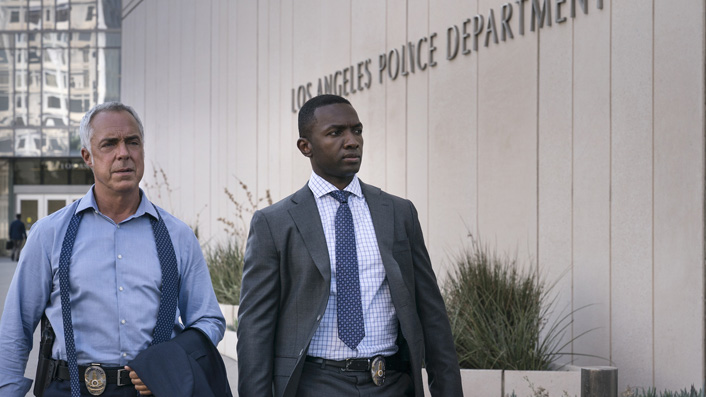
The main storyline of the season revolves around a vindictive apartment building arson that resulted in multiple deaths, including that of ten-year-old Sonia Hernandez, trapped in a stairwell and killed due to a locked fire door. Hernandez died while taking homemade food to her neighbours, and is christened The Little Tamale Girl by media. Whenever this moniker is spoken throughout the season, Bosch responds by affirming her identity: “Sonia Hernandez”, trying to ensure she doesn’t become one of the nameless women on his desk.
Sonia’s killers don’t care about her death; the dealers who sent them don’t care; the forces of gentrification propelling the conflict don’t care; and as the case grows more complex, it increasingly seems to Bosch that the LAPD doesn’t care. Remember, “everybody counts, or nobody counts”. This notion of looking out for the powerless is rooted in the murder of Bosch’s own mother, explored in previous seasons—a sex worker whose unsolved killing during Harry’s childhood lends a James Ellroy-esque backstory to his character.
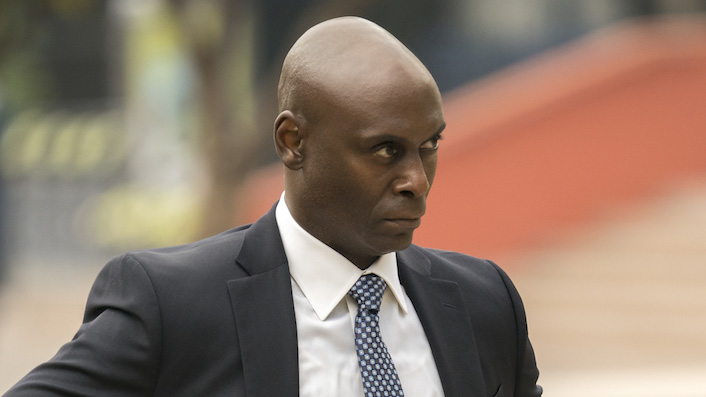
It’s a sentiment that will bring to a head long-simmering tensions between Bosch, the FBI, and LA Police Chief Irving (the great Lance Reddick, of The Wire, Fringe and John Wick). I’m going to miss Reddick’s heavy sighs, clenched jaw, sternly delivered line readings like “Sure you don’t have more dinner on your plate than you can say grace over, detective? and, best of all, exasperated “fucking Bosch…”
Harry’s relationship with Jerry “J.” Edgar (Jamie Hector) proves more strained throughout, with Edgar spiralling out of control after the violent end to the previous season. As it has for Welliver, Bosch has proved a great fit for Hector. Initially a rookie foil to Bosch’s experienced hand, Hector has grown in the role—perhaps even eclipsing his turn as The Wire’s young and ruthless drug kingpin Marlo Stanfield. This season, Stanfield becomes fodder for a gag when Bosch and Edgar are getting information on a suspect:
“Looks like a banker, kind of a female Stringer Bell. You watch The Wire?”
“Yeah, I binged it.” Hector chuckles—as did I.
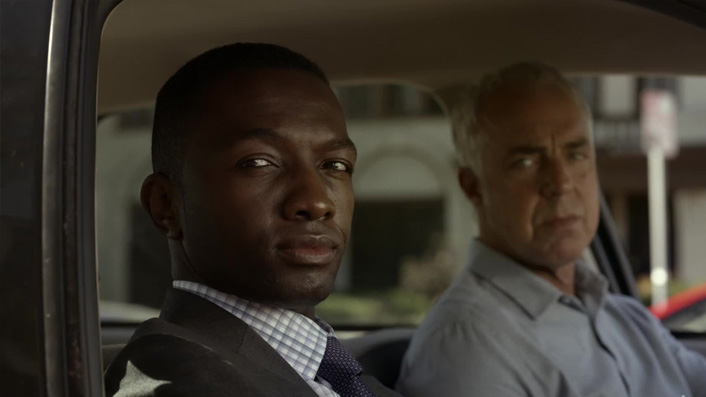
One of the best things about the show is how it just kept going at its own methodical pace. While individual cases and seasons may have met satisfying closures, the world of Bosch never felt like it would come to an end—maybe why it’s proved so bingeable to more than one friend in recent weeks. The end of the series proper is a different proposition, although one that’s tempered by an already-announced spinoff series to stream on Amazon IMDB TV.
Welliver, some key cast members, and much of the show’s creative team are on board to chronicle the next as-yet-untitled chapter of Harry Bosch, one that’s signalled in the closing minutes of the final episode. While this softens the blow of Bosch’s ending, it also does rob it of a little of the lump-in-the-throat feeling that can be conjured up by the bittersweet goodbye of an old TV friend.
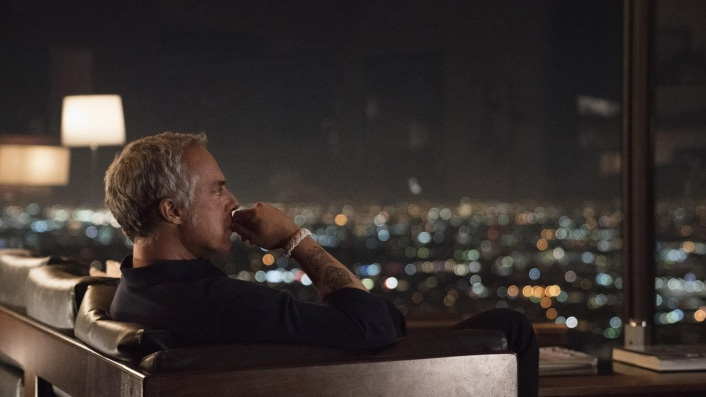
Still, season 7 of Bosch does fittingly close a chapter for the character, in both emotional terms and in thrillingly crossing some lines that cannot be uncrossed. It’s no spoiler that Harry’s values go uncompromised, the notion “everybody counts, or nobody counts” heroically pursued at no small cost, not least of all with Bosch’s growing sense of disillusionment.
Bring on the new show—may it be as singularly slow-paced and deliberately unfashionable as this one. After all, I got a feeling that I can’t let go.

















